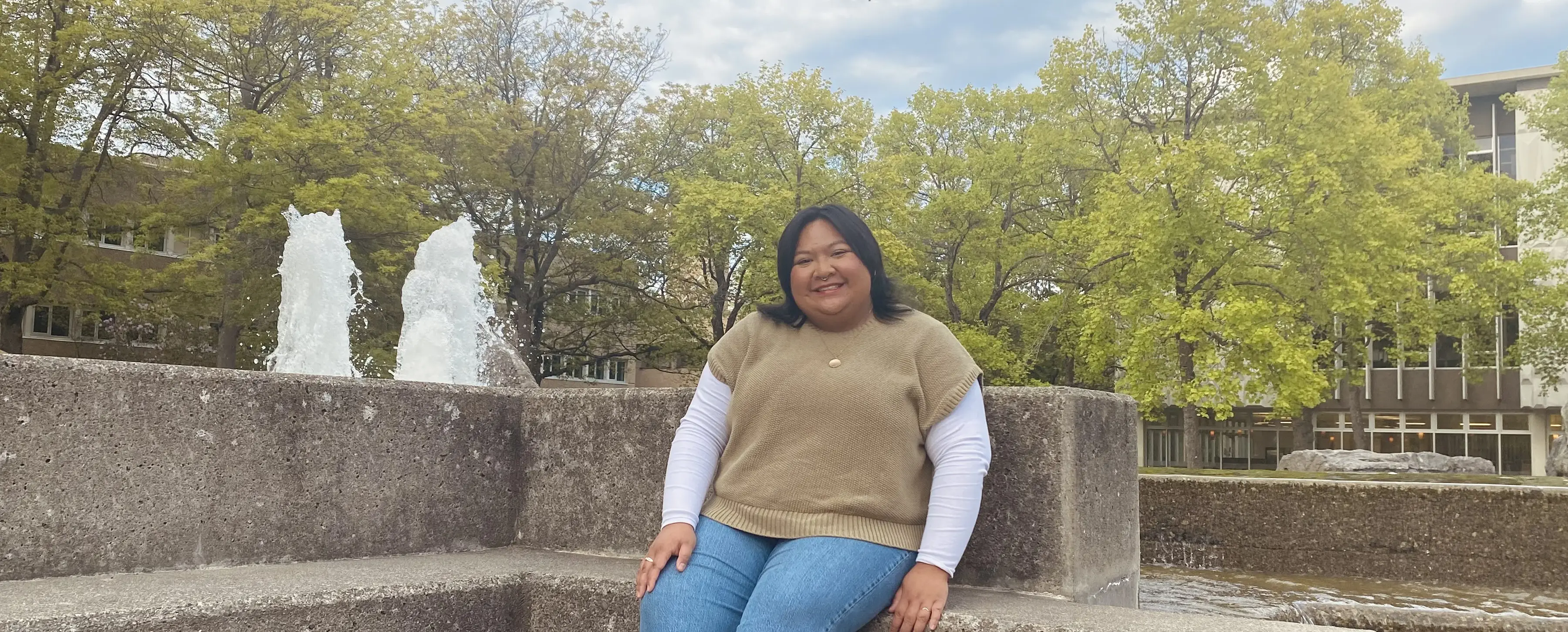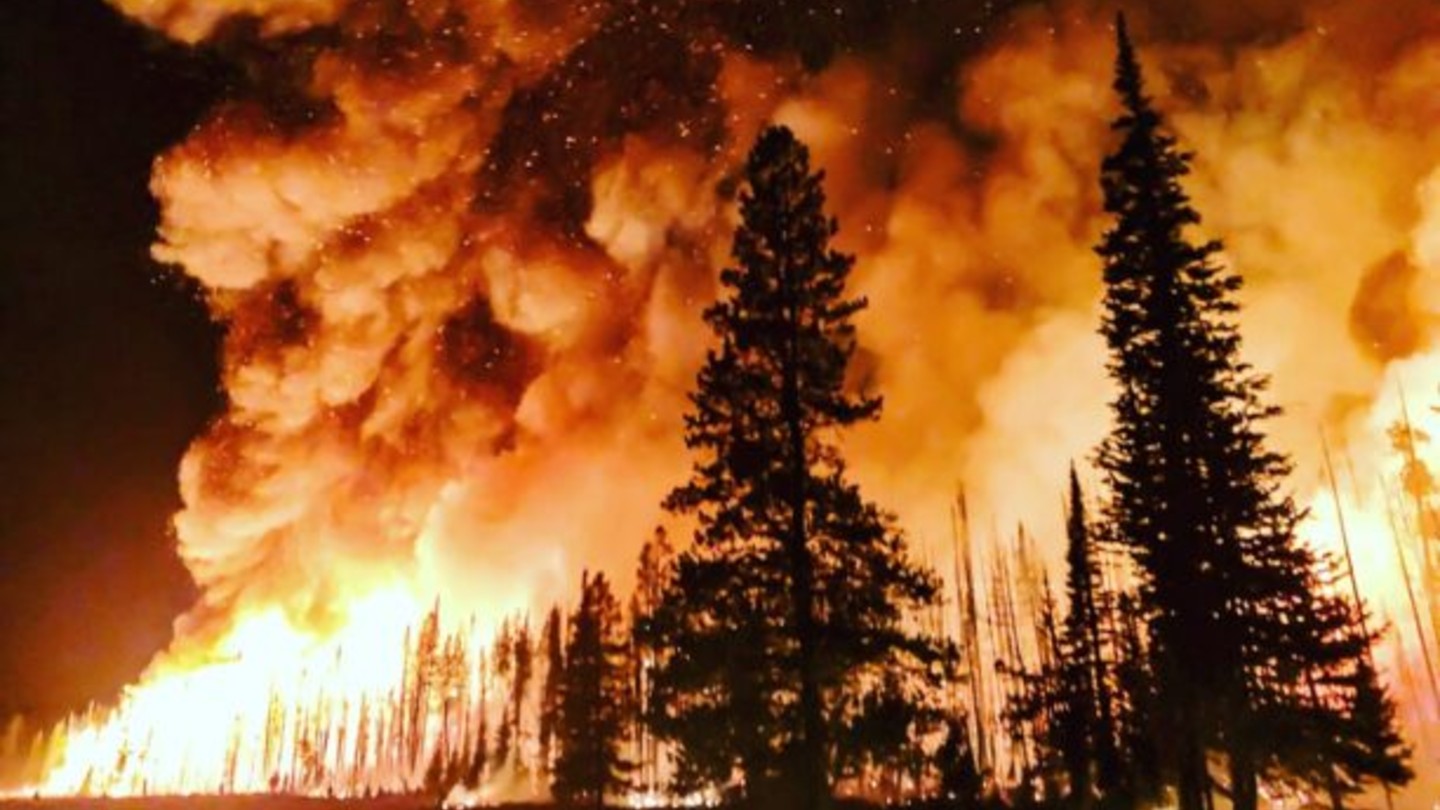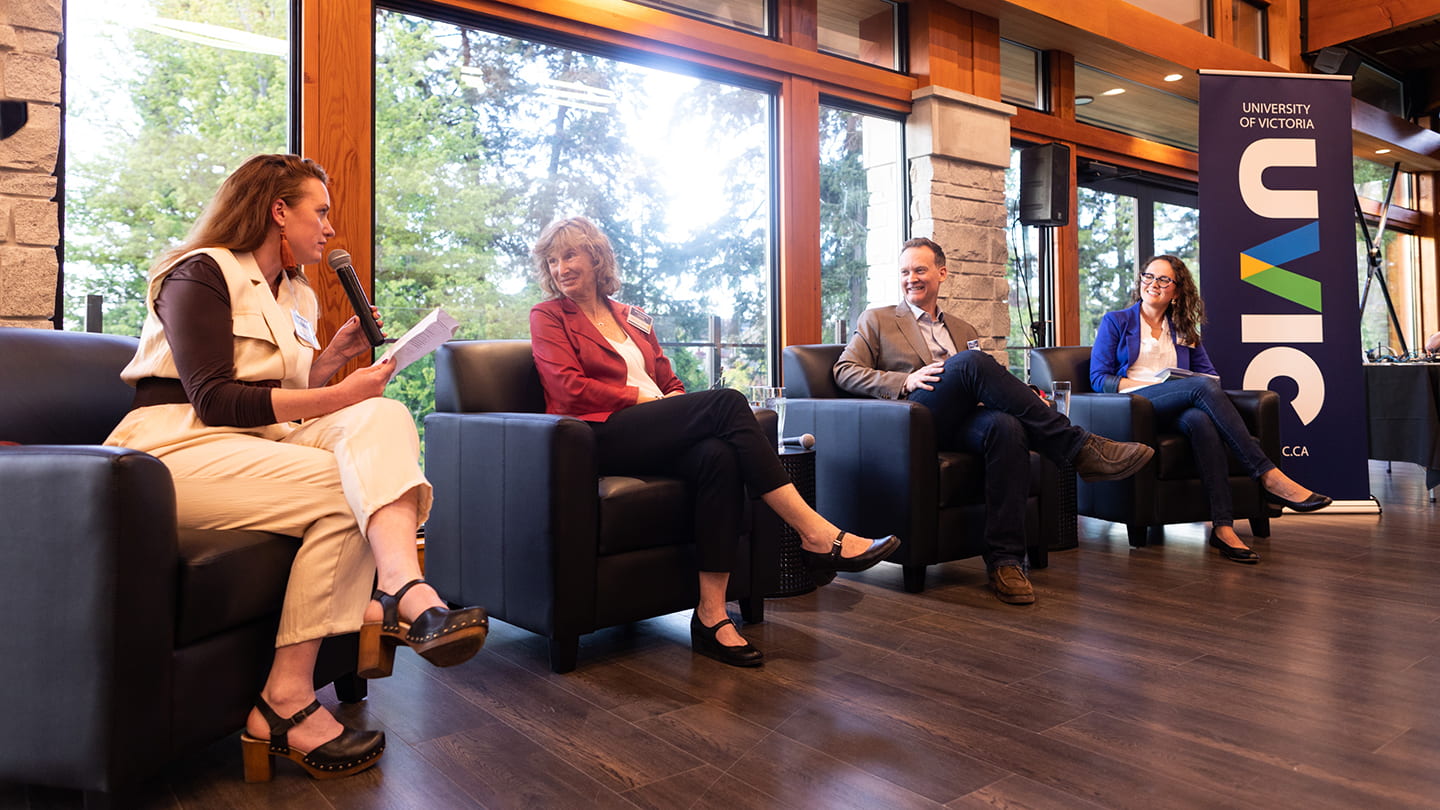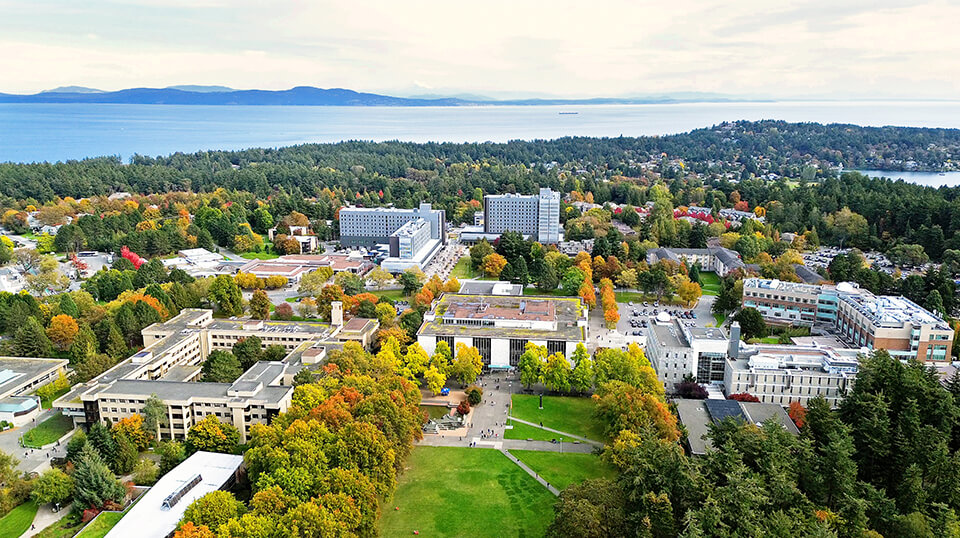Faculty of Social Sciences
-
UVic grad found balance with both varsity and academic demands
For five years, psychology grad Javier Sagaste played for the UVic men’s soccer team—leading as captain during his final two seasons.
-
Political science grad headed to BC legislative internship
Starting their undergrad journey in Ottawa, Chris Camaso transferred to political science at UVic to complete their degree.
-
How ‘beneficial fire’ reduces risk of wildfire: report
Beneficial fire will be essential to reducing wildfire risk and promoting wildfire resilience, according to a report by the POLIS…
-
Healthy sleep varies widely by country, study finds
Newly published research from the University of Victoria shows that there isn’t a universal standard for what constitutes a healthy…
-
Connecting climate action champions
If climate action strength is found in numbers, then last week’s sold-out Victoria Climate Connections event was flexing some serious…
-
In memoriam: Warren Magnusson
We regret to report that Professor Warren Magnusson passed away in Vancouver on April 2, 2025. Warren joined the Department…
-
Celebrating research and teaching excellence
Eighteen researchers, teachers, students and artists are receiving UVic’s REACH awards, which pay tribute to campus leaders who champion dynamic…






